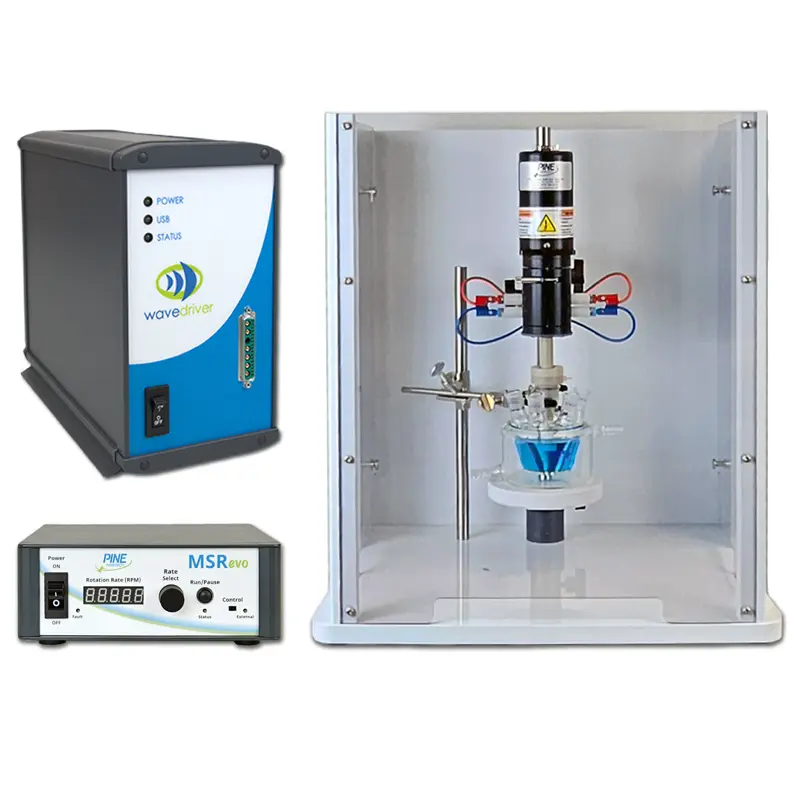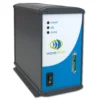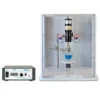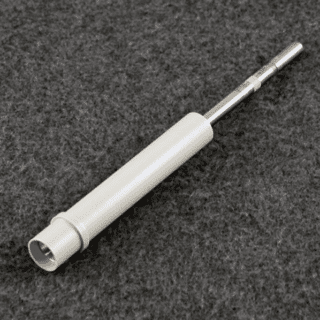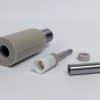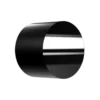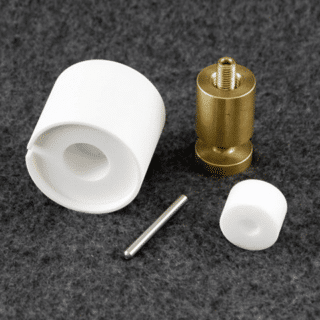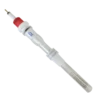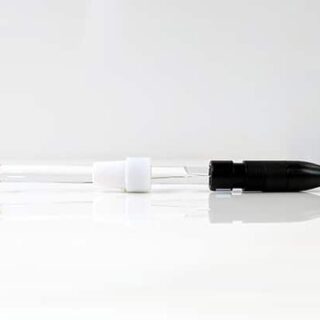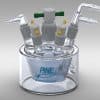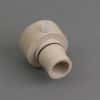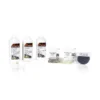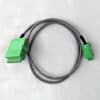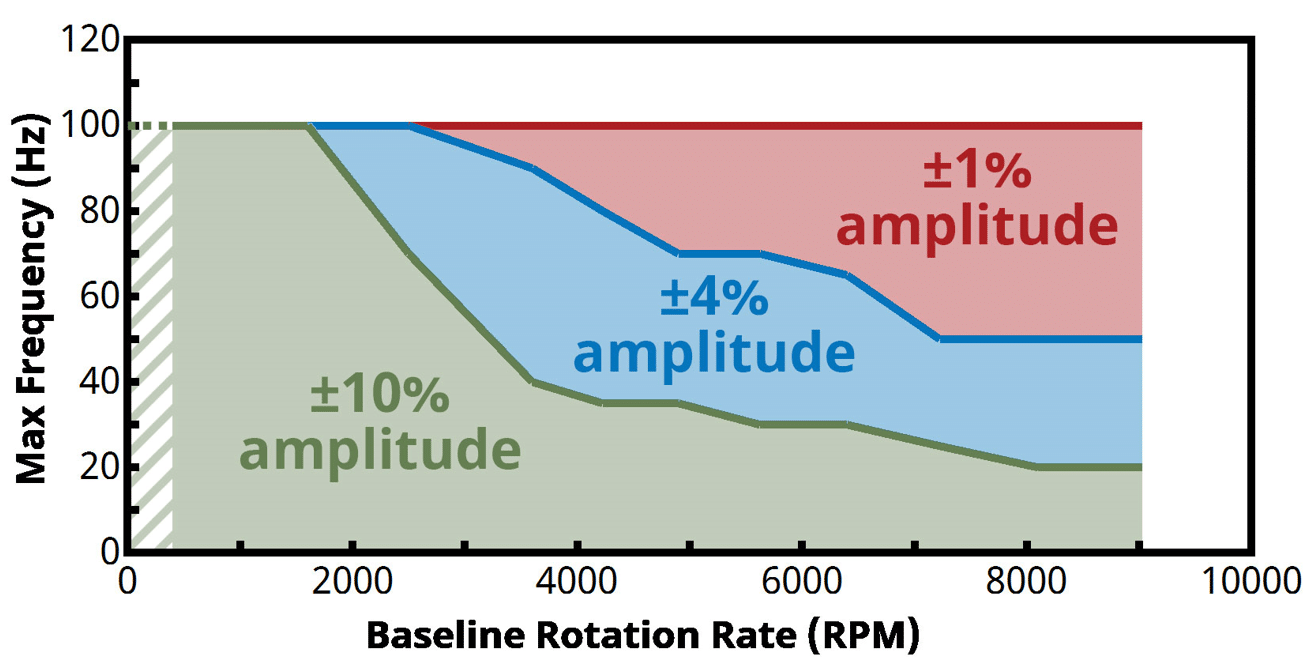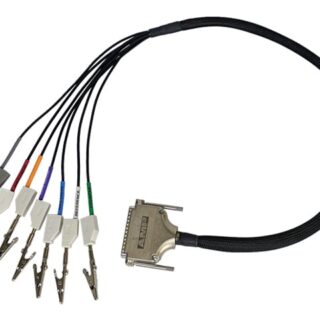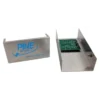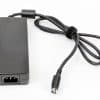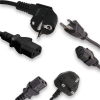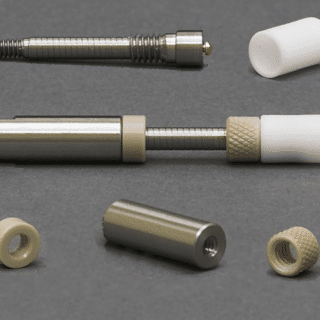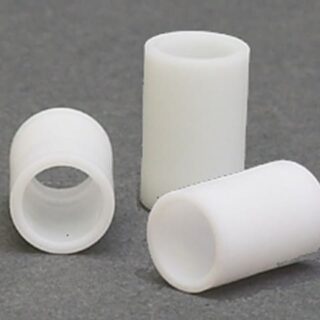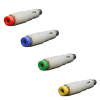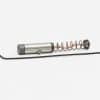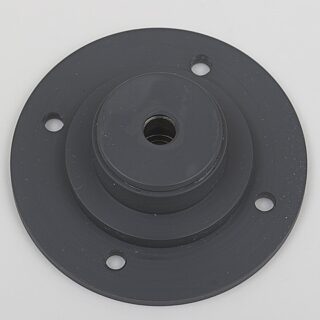Purchase this product bundle with confidence. The team at Pine Research ensures all components are compatible and designed to work together. This is a complete bundle of everything you need to get started with experiments today. This bundle includes:
- The WaveDriver 40 Electrochemical Workstation
- The MSR evo Electrode Rotator
- An E5TQ Series RDE tip with glassy carbon disk insert
- Additional essential components (see Bundle Products tab below).
This bundle is perfect for a new lab startup, adding a new methodology to your research program or industrial applications, and/or increasing electrochemical exerpiment capacity in your lab.
WaveDriver 40 Electrochemical Workstation
The WaveDriver 40 Electrochemical Workstation is engineered to provide the essential hardware and software features you need at an affordable price. It supports a wide range of DC electroanalytical techniques. It offers current ranges up to ±1 A, potential ranges up to ±15 V, advanced inputs/outputs, waveform filters, and iR compensation. The WaveDriver 40 is a high performance workstation with integrated bipotentiostat, which is ideal for use with stationary electrodes, RDE, RRDE, and RCE
AfterMath Blue - Data Acquisition, Analysis, and Organization Software
Licenses for our AfterMath® Blue software are included with the purchase of an Electrochemical Workstation. The licenses give you access to all of the DC methods that the WaveDriver 40 can perform. Pine Research does not charge extra for various categories of electrochemical techniques. If the instrument is capable of a method, you have access to it (no hidden costs). Here are some unique features of AfterMath Blue:
- Instrument Control. When started, AfterMath automatically detects all compatible instrumentation attached to the computer and provides complete control over each instrument. It can simultaneously control multiple instruments and queue multiple experiments.
- Flexible Plotting. AfterMath offers a powerful "drag-n-drop" feature for quickly copying and moving traces between plots, with precise control over various plot settings.
- Scientific Units. Designed with scientific data in mind, AfterMath properly handles units, metric prefixes, and significant figures.
- Data Archiving. A unique XML-based file format allows multiple related experiments to be stored in a single archive file, simplifying file management.
- Tools and Transforms. Flexible tools allow precise measurement of quantities like peak height and area, with fundamental mathematical operations available on any trace.
MSR evo Electrode Rotator
The MSR evo Electrode Rotator is an evoLUTION of the world's most popular rotator, the Modulated Speed Rotator (MSR). This flexible electrochemical instrument may be used with Rotating Disk Electrodes (RDE), Rotating Ring-Disk Electrodes (RRDE), and Rotating Cylinder Electrodes (RCE). The MSR evo Rotator is compatible with most international power configuration standards. The MSR evo Rotator shares many of the same technical specifications as the MSR, with a few exciting updates:
- Rotation range increase: 0 to 11,000 RPM
- Improved and revised control unit electronics, for improved stability.
- Updated control unit is smaller, modern, and better laid out.
- Added Pause/Run button to front panel (as found on the WaveVortex 10 Electrode Rotator).
- Bright LED display on front panel replaced old LCD.
- Continues to use the same RDE, RRDE, and RCE electrodes as the original MSR.
- New USB port on control unit allows for future integrations and features.
The rotation rate of the electrode may be adjusted using a control knob on the front panel of the motor control unit, or alternately, the rotation rate can be controlled via an output signal from an electrochemical workstation or third-party waveform generator. The rotation rate shines brightly on the new blue LED display on the control unit. The rotation rate is adjustable over a range from 50 to 10,800 RPM and is accurate to within 1% of the reading on the display. Rotation rate may also be monitored via an output signal proportional to the rotation rate, accesible on the control unit input/output connector.
The rotation rate may be controlled and modulated by a sine wave, square wave, or other externally generated waveform. The outstanding acceleration characteristics of the motor and its control circuitry allow the rotation rate to follow the control waveform with very little error. This feature is particularly desirable for techniques such as Hydrodynamic Modulation Voltammetry (HMV).
The rotator motor position is easily raised or lowered with respect to the cell platform, making immersion or removal of the rotating electrode tip quick and easy. The enclosure base is made from chemically resistant polypropylene, and the large enclosure window provides a good view of rotating electrode during operation.
E5TQ Series ChangeDisk Rotating Disk Electrode (RDE) tip
The E5TQ Series ChangeDisk Rotating Disk Electrode (RDE) tip is one of the most common RDE electrodes we offer. This tip features a 15 mm OD PEEK shroud and a removable hardware assembly, which permits the installation and removal of 5 mm OD disk inserts (Glassy Carbon disk insert included in this bundle). The tip threads into the Precision RDE/RRDE Shaft for E5, E5TQ, E6, E7, and E8 Series Tips, which is then installed into the MSR evo Electrode Rotator. Pine Research offers more electrode in more materials than anybody else. Check out all the other MSR evo compatible RDE tips we offer.

